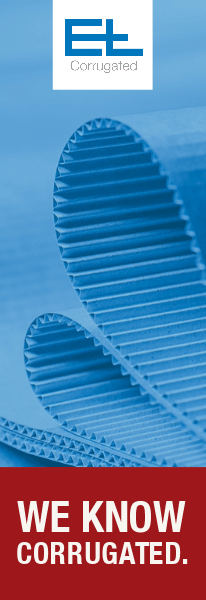Recovered paper traders have been urged to make sure their customer mills in Asia take action to complete the paperwork needed to continue receiving material from Europe – or face those imports being blocked after 2027.
Delegates at the BIR Convention in Singapore on 29 October heard that the European Commission had recently given some clarity on what was required of mills in non-OECD countries to show they operate to European-equivalent standards in order to continue processing European material.
President of the Paper Division, Francisco Donoso, General Manager at DOLAF Servicios Verdes S.L. (ESP) asked Jun Park, Asia Sales Director at VIPA Group (SGP) to give an update on the situation. Park reported that the European Commission required non-OECD paper mills to have third party audits and to go through their governments to apply for eligibility to continue receiving European recovered paper, predominantly OCC. There is a deadline of 25 February 2025 for non-OECD paper mills to complete this paperwork for eligibility to take in European material. VIPA is actively encouraging its clients as well as sending them two specific questionnaires and the relevant link from the EU Commission.
“But we are asking all traders to talk to their clients as well because it is the customers that have to react, we cannot do it on their behalf,” Park said. He warned that when India had a similar situation in 2021, failure to correctly notify led to a period of several months when nobody could import recovered paper from Europe.
Donoso questioned the fairness of a system in which a paper mill had to pass an audit to buy European material in Asia or other regions, whereas one in Europe did not. Park responded, “Europe is and always has been more regulated and more controlled in that sense. You see the difference between the US and Europe – the US is more of a market, and they don’t try to regulate it.”
The requirement to prove European-equivalent standards in Asian mills is being driven by the EU as part of the revised Waste Shipments Regulation coming into play from 21 May 2027. The rules state that non-OECD countries must inform the European Commission that they are willing to import material and demonstrate that they can manage it in a sustainable manner.
Park added that Asian countries were increasingly looking at restricting certain paper grades. “Vietnam has tried to ban waste papers, mixed paper specifically. In Thailand, also this year, they’ve gone through quite a lot of custom checks. So, in every country’s political agenda, they would like to try ‘end of waste’, that’s for sure, it’s happening. Very few countries can import mixed paper anymore. But in the short term, I don’t think realistically it is possible to completely ban, because there is [still] a market.”
In the long-term, he predicted Asian countries would no longer accept certain grades. “But maybe there will be third country,” he said. “Maybe the material will go to Africa.”
Ranjit Baxi, Managing Director at J&H Sales International Ltd (GBR) told delegates that the recovered paper sector needed to talk more about what it was doing and how it was saving carbon. He put forward the case that the industry could benefit from the carbon savings it offers through carbon credits, and “that will be the story post-2030”.
Echoing Park, Baxi said Africa was an untapped territory and would become a new market. He believed there was a “paradigm shift in challenges and opportunities ahead” with rising costs, more regulatory controls and markets evolving with their own innovative practices. But Baxi wanted delegates to go home with a simple thought that included the importance of carbon: “The future of the recovered fibre trade depends on sustainable practices, innovative technologies and international cooperation to build a circular economy that will support over a billion tonnes of carbon savings.”
Discussing the European market this year, John Atehortua, Founder of RAW (NLD) highlighted the challenges it faced: turbulence, weak demand and prices under pressure. The Red Sea crisis had increased costs while lead times had gone from an average of 30 days to 50 days. He described this as a “nightmarish scenario” for an industry where prices can fluctuate significantly between the order being taken and when it arrives. Weak demand was put down to reduced consumer and industrial consumption. Atehortua said high energy and gas prices were important issues that were not talked about enough and were affecting the viability of operations. He anticipated more stability “coming down the line” due to tighter regulations and shipping prices easing but warned that the industry needed to keep thinking about how to improve the quality of material so that mills could keep producing.



